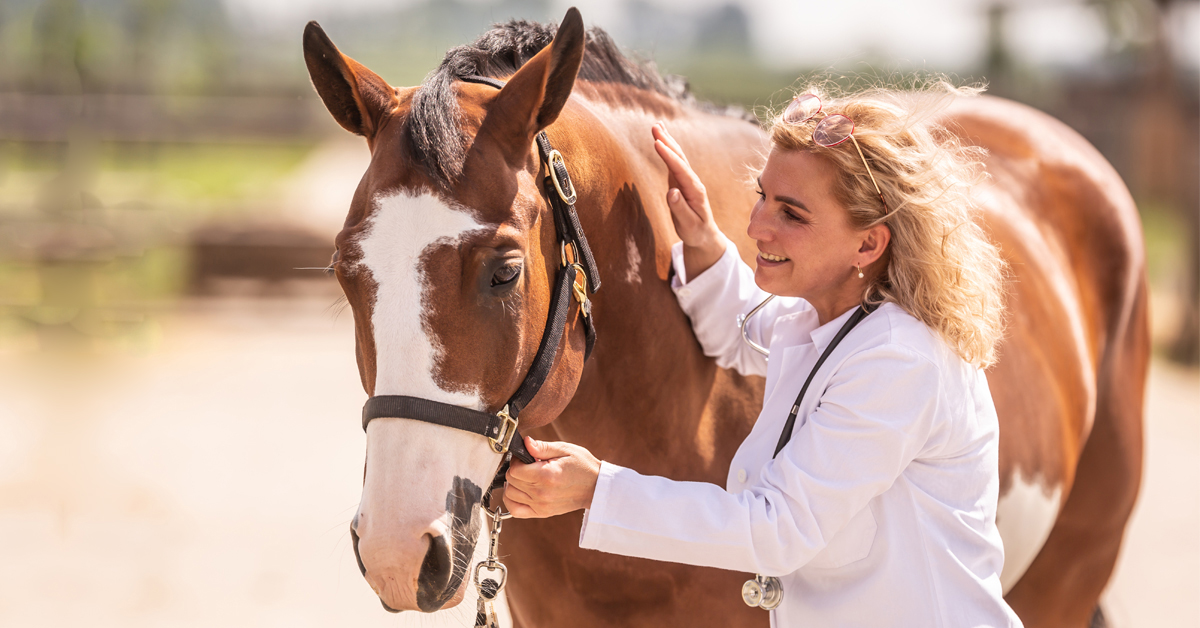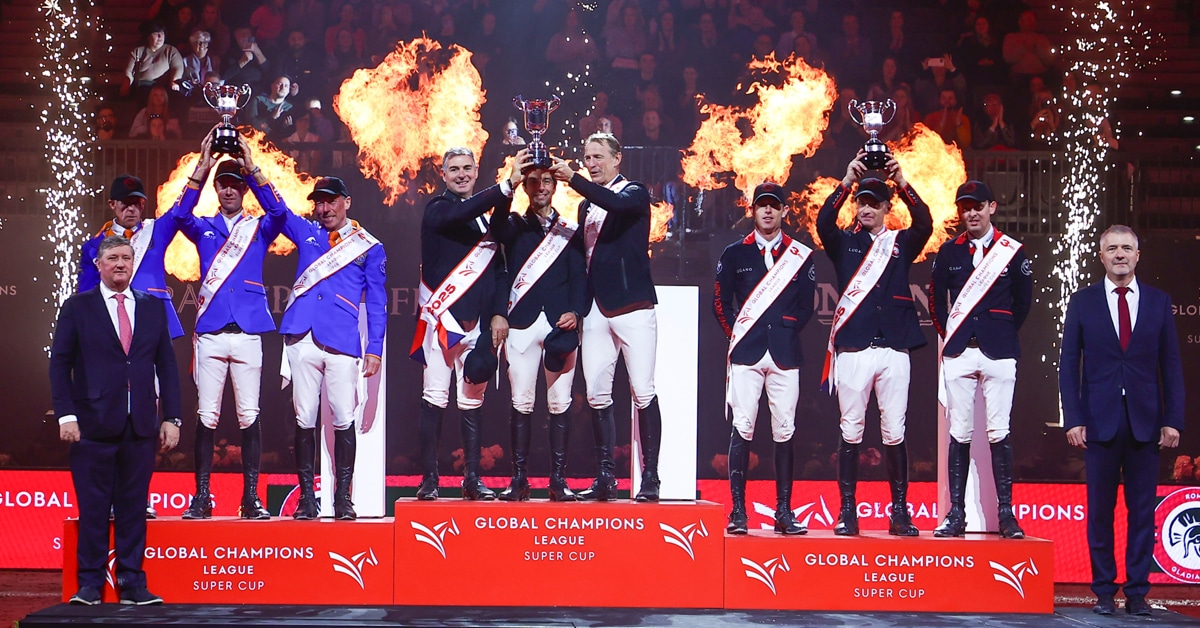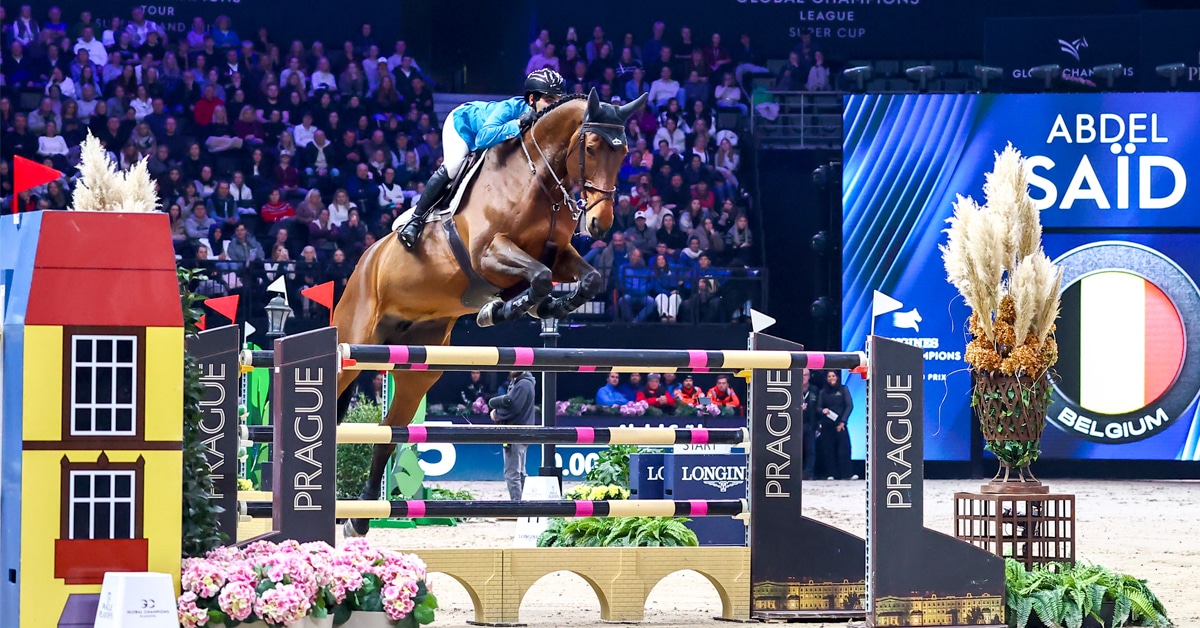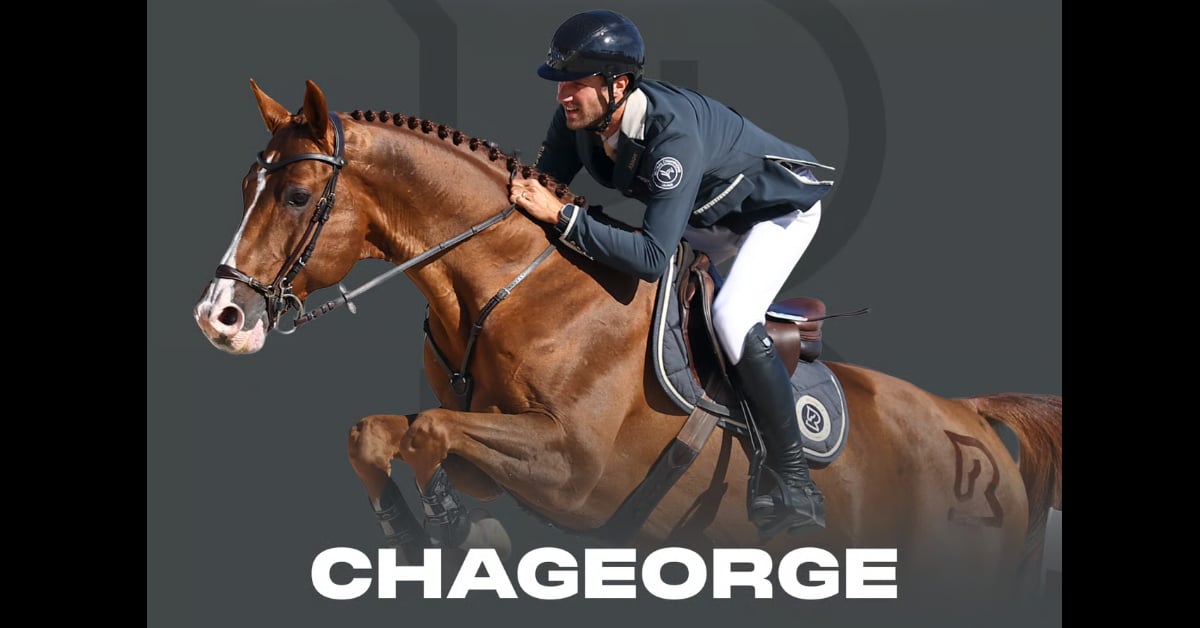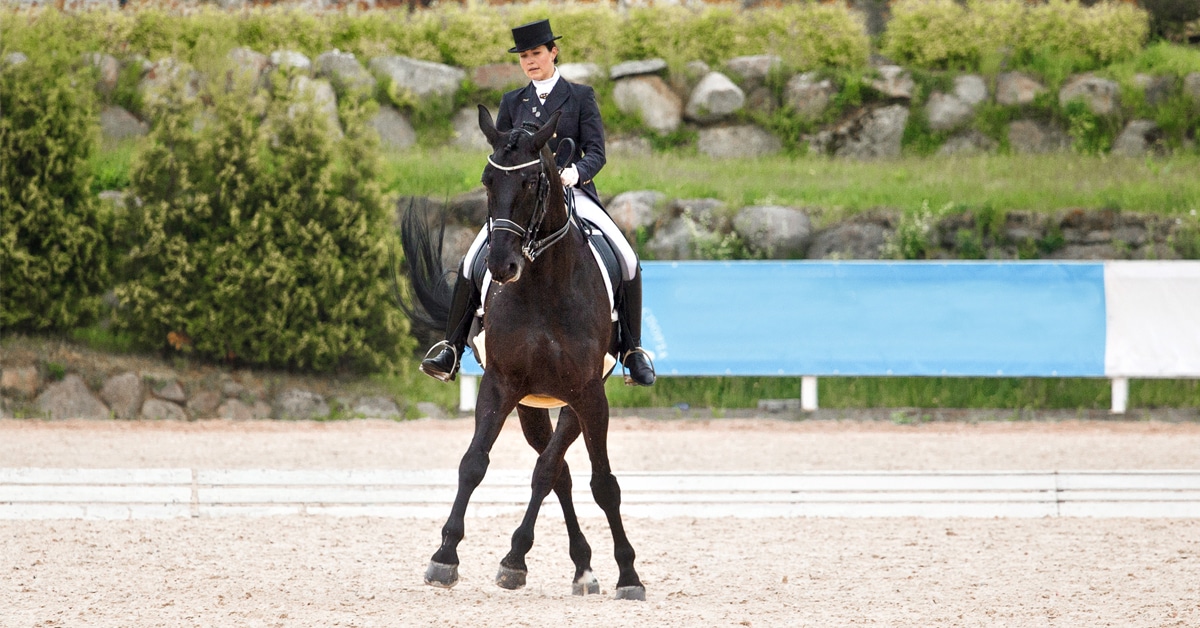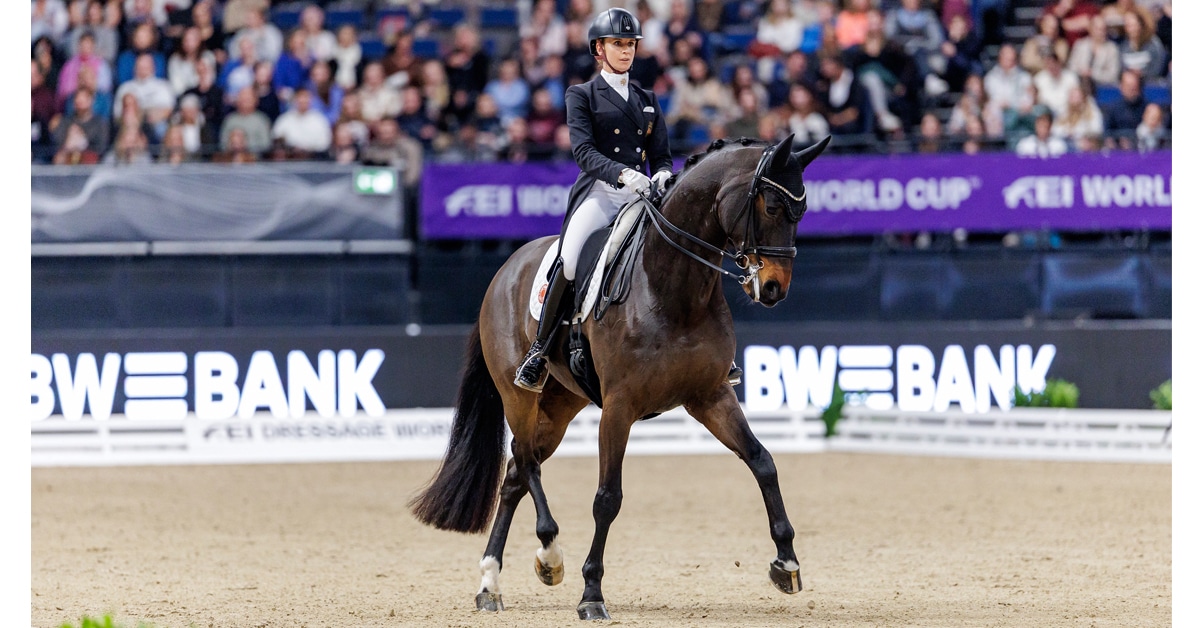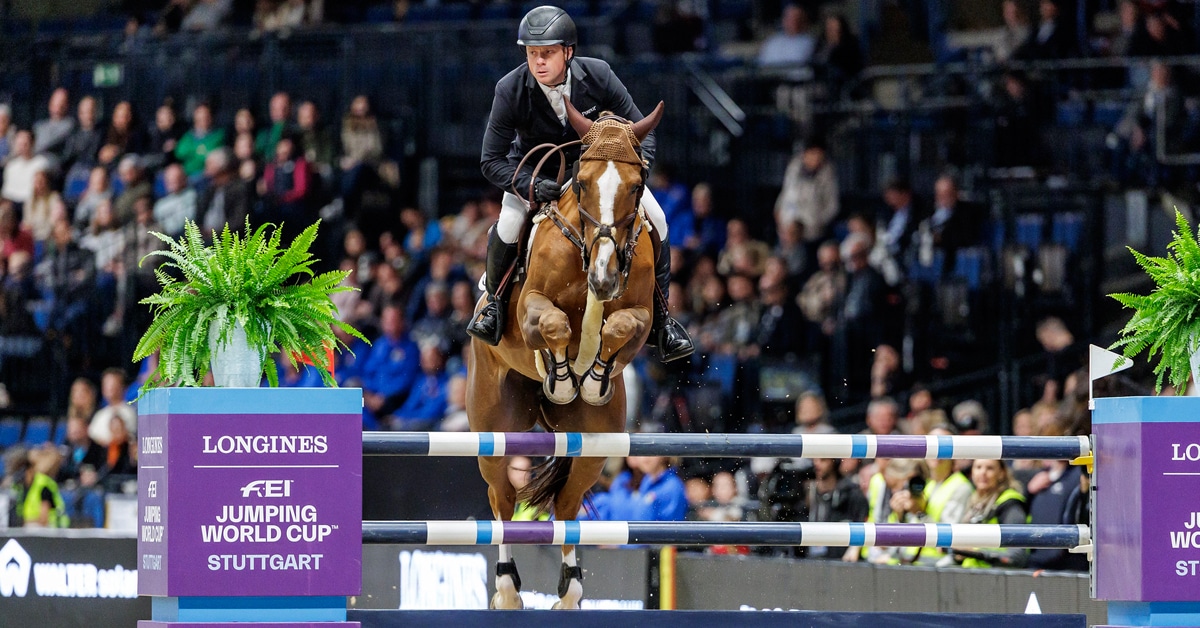International jumping shows “profiteering” from Covid-19 have been sharply rebuked by the International Jumping Riders Club (IJRC), who say they “can and will” find solutions to protect the “credibility” of the sport.
The IJRC spoke out about the alleged use of pay cards to secure entries at the lower level CSIs which have re-started with a relaxation of lockdown, notably in Europe, working against expense of talented but less well-funded riders. IJRC also makes the disparaging comment that “tennis does not allow anyone who feels like it to play with Federer just because they have paid.”
The IJRC statement come just days after Eric Lamaze published an open letter explaining why he and the other Torrey Pines riders, Hayley Barnhill and Chris Pratt, walked away from last weekend’s CSI3* at Lier in Belgium. Lamaze cited the enormous class sizes – 252 starters in a 4,000 euros (CAN$ 6,300) speed event qualifying for a ranking class next day – and a casual approach to social distancing.
While IJRC does not mention Lier by name, in a statement sent directly to media it says: “Appreciation and thanks go to all organisers who have put themselves on the frontline over this period by arranging events, but we must reprimand those who are profiteering from the Covid-19 situation by making money at the expense of others.
“We need to convince them to put things in order. Over 250 competitors in a competition of 1.45m with 4000 euros as prize-money is totally unacceptable.
“Equally unacceptable are the difficulties faced by young talents without large financial reserves who cannot enrol in events and therefore have no chance of being noticed by owners and technical experts [sic] and are unable to construct the futures they deserve. Or who have the support of technical experts and generous owners, but they can’t compete with their horses.
“Certainly the IJRC Board will collaborate with the FEI Jumping Committee and with the Alliance of Jumping Organisers (AJO) to try and regulate these situations and render them acceptable.
“We need to safeguard the credibility of our sport. Tennis does not allow anyone who feels like it to play with Federer just because they have paid; skiing does not permit ‘athletes’ to participate in the World Cup without having gone through all the qualifying rounds; athletics does not allow random individuals to run against Bolt. The public pays for tickets to watch champions.”
Pay card is the colloquial term for a gratuity – usually a five-figure sum – over and above the stated entry fee paid to the organiser to secure an entry, usually by someone lower down the Longines world rankings. Growing concern about pay cards led the FEI to revise and automate an online CSI invitation process, hoping to make it more meritocratic. This new system was launched on February 4 – yet within weeks the FEI calendar fell into disarray as the world locked down due to the coronavirus pandemic.
The FEI reluctantly decided to suspend the new invitation system for CSI2* events. FEI president Ingmar de Vos explained this was “ for the very simple reason that we allow them [2*] to come into the calendar at the latest four weeks before the event takes place, and it is just impossible from a technical perspective to run an online invitation system for a show that takes place in four weeks.”
The IJRC statement said that some 2* riders are now being “asked to pay an extra participation fee since there is no right of entry based on merit alone.” As well as working to the advantage of wealthier riders, this also impacts on the equability of the rankings formula, which is owned by IJRC.
The IJRC also discusses the well-intended decision to “freeze” ranking points in order to safeguard the position of riders currently grounded due to coronavirus restrictions in their own territories. Normally, points awarded from the same month in the preceding year are subtracted from the rankings calculation, and only the rider’s 30 best results are considered. Points were frozen for European riders at the end of February and for American riders at the end of March, for Wellington continued to operate in March and it was thought unfair to remove those results. Covid-19 arrived later in the US than Europe, and so it was predicted that North American events would also restart later. But that forecast was wrong, with FEI shows recommencing stateside in June. In Europe, June events recommenced in the south of France only.
IJRC believes there will be no significant impact on relative ranking positions; to earn points riders must have better results than this time last year, which “will be be difficult as there are no big [5*] events.”
However, IJRC adds: “We are monitoring the situation and will check the ranking list with the FEI in a couple of weeks.
“These are tricky times and the rules and regulations are more difficult to accept, but we need to follow commonsense, fight the moment, trust the institutions, criticise them when needed with constructive critiques, work together, and always act in the best interest of our sport.”
The statement comes amid escalating fears of lockdown reinstatement in parts of Europe, notably Belgium, Spain, Germany and the Balkans which have announced spikes in Covid infections in the past few days. In the Antwerp region of Belgium, a curfew was imposed last Saturday.
The FEI and IJRC will be reluctant to see further abuse of the ranking system, following revelations – first highlighted by HorseSport.com – that an “under the radar” series in France enabled riders to amass significant Olympic and Longines rankings points against minimal opposition last winter.
More News
